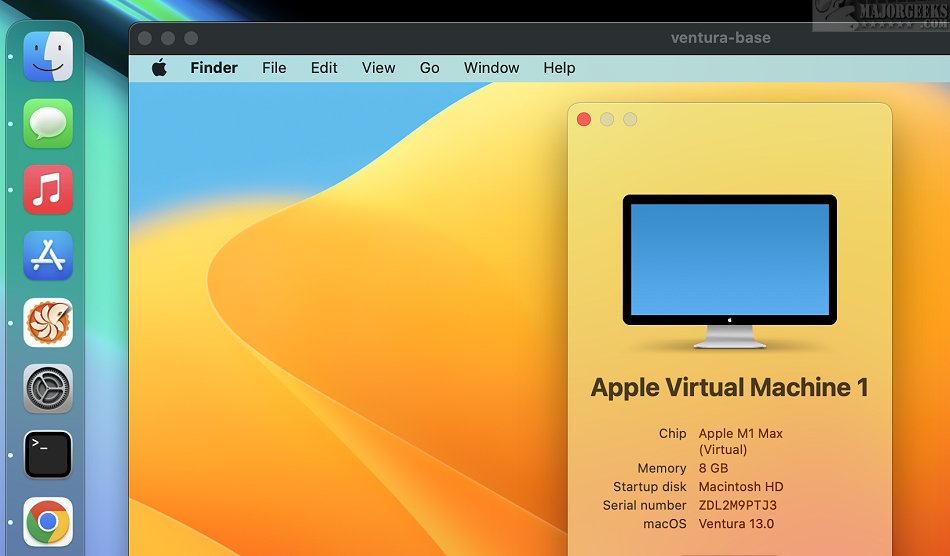Tart is a sophisticated toolset specifically engineered for the creation, operation, and maintenance of virtual machines running macOS and Linux on Apple Silicon systems. By utilizing Apple's proprietary Virtualization.Framework, developed in tandem with the innovative M1 chip, Tart ensures a streamlined and efficient performance without any compromises.
One of Tart's standout features is its seamless integration with OCI-compatible container registries, allowing users to manage virtual machine images similarly to Docker containers. This functionality enhances flexibility and usability in various development environments. Additionally, Tart supports various continuous integration systems, including a dedicated on-demand GitHub Actions Runners service, making it an invaluable resource for CI/CD pipelines.
The Tart toolkit also incorporates Orchard Orchestration, a robust solution for managing multiple Tart virtual machines across clusters of Apple Silicon hosts. With Orchard, users can easily control thousands of virtual machines via a straightforward REST API, while the Orchard CLI provides remote access as if the machines were running locally. This capability is particularly beneficial for developers looking to scale their operations efficiently.
Tart's applications are diverse, supporting use cases from CI/CD automation to the creation of reproducible local development environments and even facilitating testing of device management systems without the need for physical devices.
Key Features of Tart:
- Utilizes Apple's Virtualization.Framework for near-native performance
- Allows users to push/pull virtual machines from any OCI-compatible container registry
- Offers a Tart Packer Plugin to automate the creation of virtual machines
- Easily integrates with any CI system, enhancing automation workflows
Overall, Tart 2.26.1 continues to be a powerful tool for CI engineers and developers, addressing a wide array of automation needs in an increasingly virtualized landscape. As virtual environments become integral to software development and testing, Tart stands out for its efficiency, scalability, and ease of use
One of Tart's standout features is its seamless integration with OCI-compatible container registries, allowing users to manage virtual machine images similarly to Docker containers. This functionality enhances flexibility and usability in various development environments. Additionally, Tart supports various continuous integration systems, including a dedicated on-demand GitHub Actions Runners service, making it an invaluable resource for CI/CD pipelines.
The Tart toolkit also incorporates Orchard Orchestration, a robust solution for managing multiple Tart virtual machines across clusters of Apple Silicon hosts. With Orchard, users can easily control thousands of virtual machines via a straightforward REST API, while the Orchard CLI provides remote access as if the machines were running locally. This capability is particularly beneficial for developers looking to scale their operations efficiently.
Tart's applications are diverse, supporting use cases from CI/CD automation to the creation of reproducible local development environments and even facilitating testing of device management systems without the need for physical devices.
Key Features of Tart:
- Utilizes Apple's Virtualization.Framework for near-native performance
- Allows users to push/pull virtual machines from any OCI-compatible container registry
- Offers a Tart Packer Plugin to automate the creation of virtual machines
- Easily integrates with any CI system, enhancing automation workflows
Overall, Tart 2.26.1 continues to be a powerful tool for CI engineers and developers, addressing a wide array of automation needs in an increasingly virtualized landscape. As virtual environments become integral to software development and testing, Tart stands out for its efficiency, scalability, and ease of use
Tart 2.26.1 released
Tart is an advanced toolset designed for creating, operating, and maintaining virtual machines running macOS and Linux on Apple Silicon-based systems.


